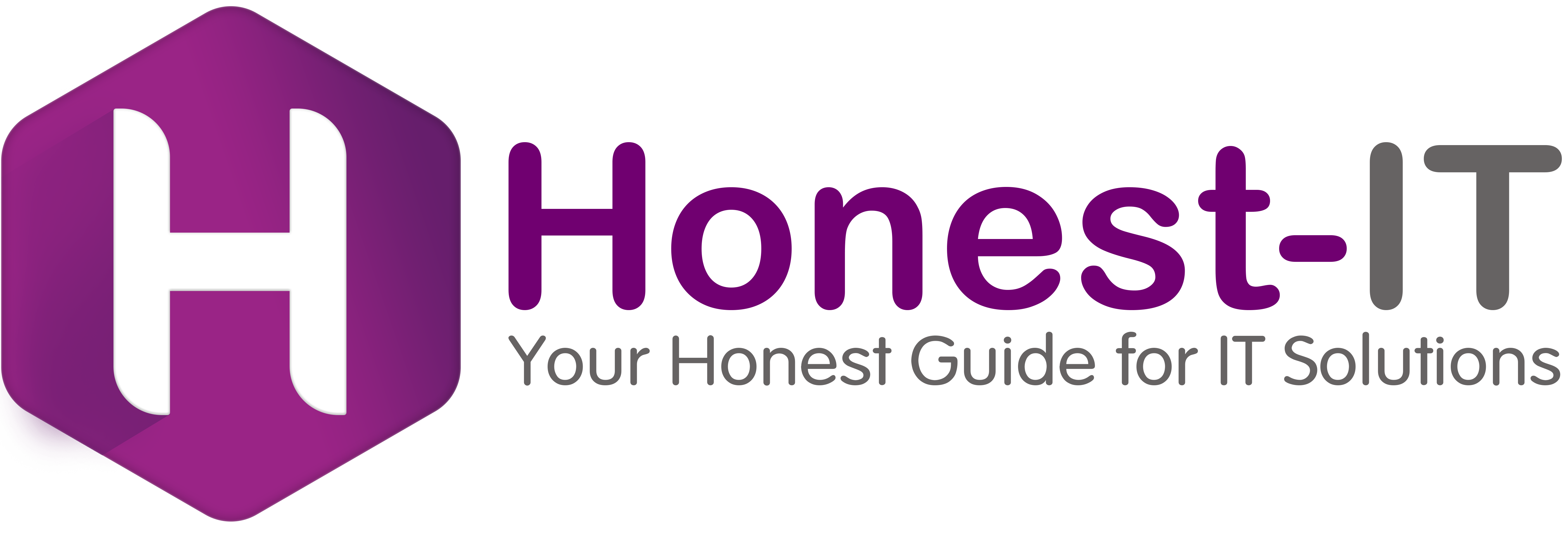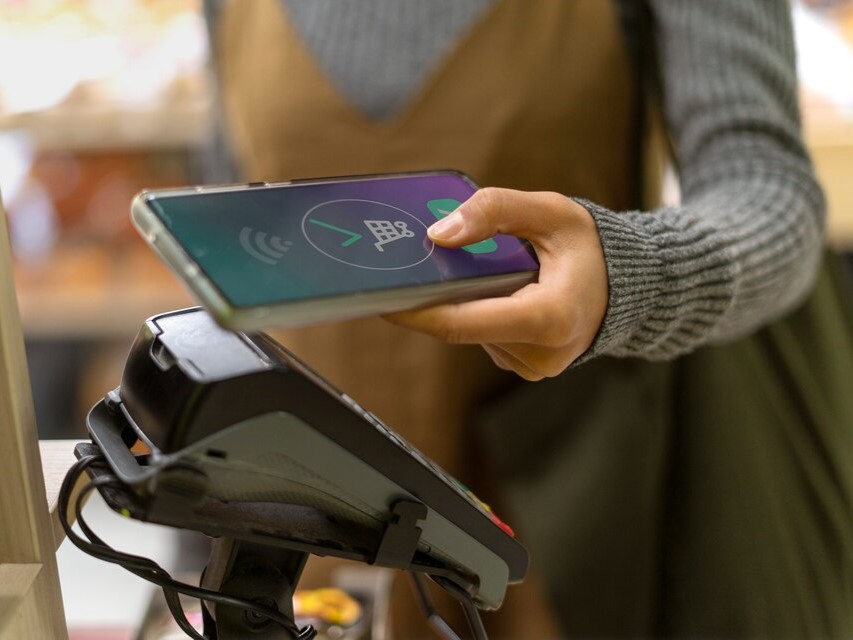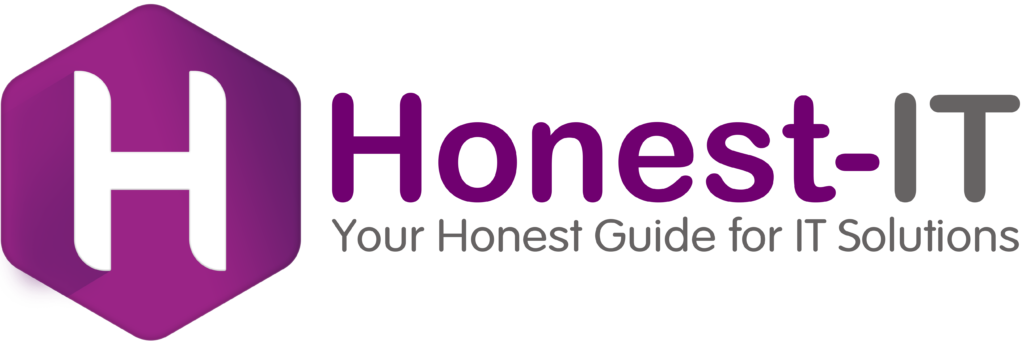Radio Frequency Identification (RFID) technology, having transitioned from a buzzword to a revolutionary force, is dramatically reshaping diverse industry landscapes. From retail to logistics, RFID systems are heralding an era where streamlined operations, real-time data management, and augmented traceability become the bedrock of business management.
I. Demystifying RFID
RFID, a technology that employs electromagnetic fields to automatically identify and track tags attached to objects, holds a myriad of applications across sectors. By wirelessly transferring data, RFID tags facilitate identifying items, thus enabling automated systems and impacting processes like inventory management and asset tracking profoundly.
II. RFID in Inventory Management
The nuanced capabilities of RFID streamline inventory management, diminishing the challenges posed by manual tracking and errors. With features like real-time tracking and automatic data recording, businesses can significantly mitigate loss, enhance accuracy, and foster efficient stock management, which inadvertently boosts customer satisfaction.
Case Study: [Insert Company Name]
Exploring a real-world application, [Insert Company Name] utilized RFID technology to automate their inventory processes, consequently enhancing data accuracy and reducing manual labor. The outcomes included heightened inventory visibility, diminished discrepancies, and enriched data management practices.
III. Enhancing Customer Experience with RFID
In retail environments, RFID steps in as a silent customer service enhancer. By ensuring products are consistently in stock and enabling swift, seamless checkout processes, customer experiences are notably uplifted. The technology also allows for personalized customer interactions, pushing the envelope of traditional retail towards a more immersive and tailored shopping experience.
IV. RFID in Asset Management
For enterprises harboring substantial assets, RFID provides a lens through which every item can be meticulously tracked and managed. From locating assets to monitoring their condition and usage, RFID implants a level of control and visibility that is pivotal for strategic decision-making and preventive maintenance.
Spotlight: RFID in Healthcare
Within healthcare, RFID tags assist in tracking vital assets like medical equipment and medication, ensuring that crucial resources are always accounted for and readily available, thereby playing a pivotal role in patient care and operational efficacy.
V. The Future Trajectory of RFID
As businesses globally continue to recognize the intrinsic value harbored by RFID, its applications are bound to permeate deeper into operational structures, dictating a future where data-driven, automated, and efficient management is not just desired but inherently embedded.
Conclusion
Embracing RFID is synonymous with adopting a future-oriented business management approach. The technology, while simplifying operational intricacies, propels businesses towards a framework where decision-making is informed, operations are streamlined, and customer satisfaction is not a goal but a consistent reality.
In navigating the RFID-adoption journey, businesses must align their unique operational challenges with the capabilities of RFID, ensuring that the integration is not just transformative but also meticulously tailored to their distinct needs and aspirations.





